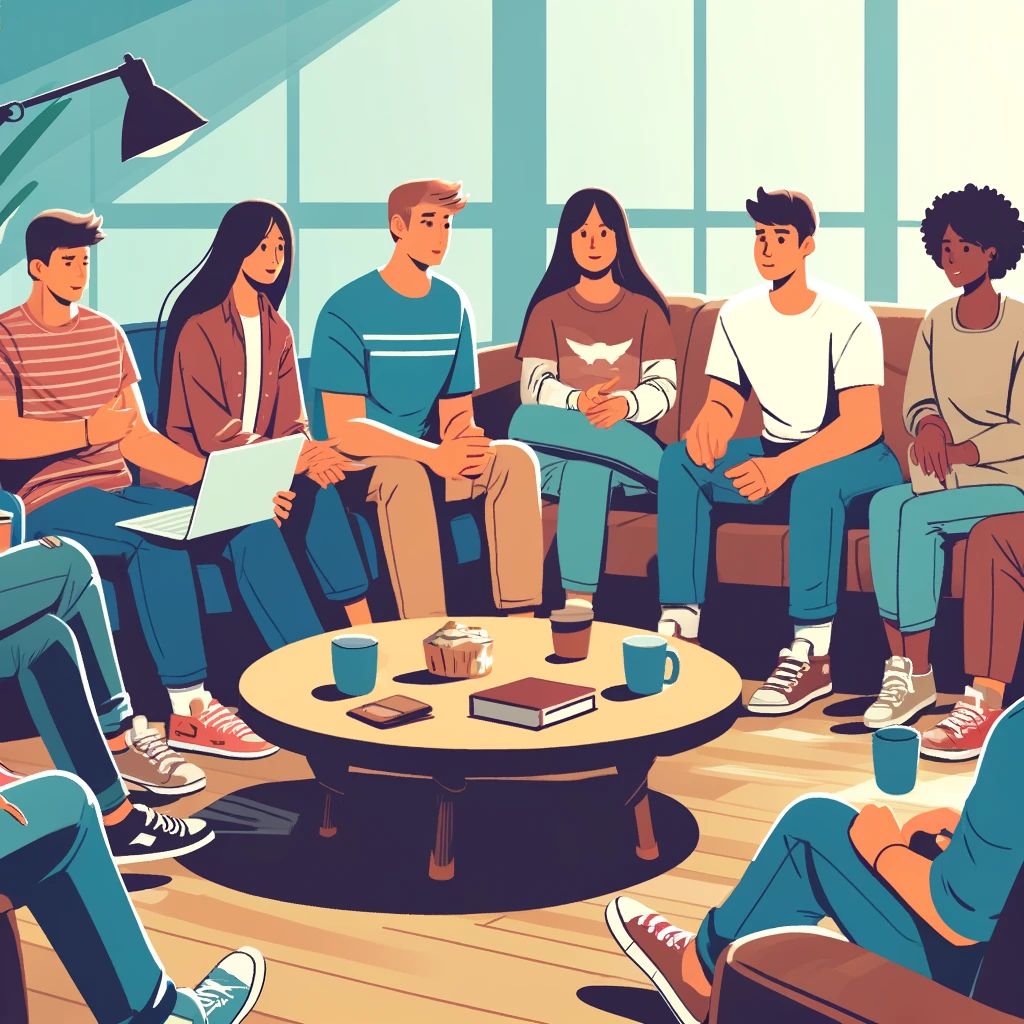In a striking turn of events, Universal Music Group (UMG) has announced a partnership with SoundLabs, an AI music tech startup, to offer AI voice model technology to its roster of artists in the coming months. This move comes less than 15 months after UMG called for a ban on AI-generated music, highlighting the evolving perspective on AI's role in the music industry.
From Controversy to Collaboration
The journey towards this collaboration has been anything but smooth. AI-generated voice clones have stirred significant controversy in the music world. Last year, an anonymous songwriter known as Ghostwriter released “Heart On My Sleeve,” a viral track featuring AI-generated vocals mimicking UMG artists Drake and The Weeknd. The song was swiftly pulled from streaming platforms due to pressure from UMG.
Adding to the controversy, Drake himself faced backlash for using an AI-generated Tupac voice clone on his Kendrick Lamar diss track, “Taylor Made Freestyle.” The track was removed following a cease-and-desist order from Tupac’s estate. These incidents underscored the contentious nature of AI in music, raising concerns about artists' rights and the ethical use of AI technology.
UMG’s Strategic Shift
Despite these controversies, UMG’s recent acquisition of SoundLabs signals a strategic shift. The partnership aims to integrate AI responsibly, providing tools like MicDrop, which allows artists to create their own voice models using data they provide. Unlike previous unauthorized uses, this platform ensures that artists retain control over their voice models, preventing misuse by the general public.
MicDrop’s capabilities extend beyond mere voice cloning. It offers a voice-to-instrument function, enabling artists to experiment with different sounds and languages, potentially breaking down language barriers in music distribution. This innovation is poised to democratize creativity, giving artists unprecedented control over their virtual likeness and creative output.
Ethical AI: The New Frontier
UMG’s pivot towards embracing AI reflects a broader industry trend. The music industry’s largest stakeholders, including the Recording Industry Association of America (RIAA), have emphasized the need for ethical AI use. UMG’s recently published Principles for Music Creation With AI and the RIAA’s Human Artistry Campaign advocate for responsible AI integration that respects artists' copyrights and virtual likenesses.
The partnership with SoundLabs is a testament to UMG’s commitment to these principles. SoundLabs, founded by Grammy-nominated composer BT, has a track record of working with top artists and emphasizes the ethical use of AI in its technology. BT’s vision of AI as a tool to unlock creative potential while maintaining human artistry aligns with UMG’s strategic goals.
Parallels in the Financial World
UMG’s evolution mirrors a similar trajectory in the financial world. BlackRock, a major investment firm, initially called for a ban on Bitcoin, citing regulatory and security concerns. However, recognizing the cryptocurrency’s potential, BlackRock eventually launched its own Bitcoin ETF. This shift underscores how industries can transition from skepticism to integration as they find ways to monetize emerging technologies responsibly.
A New Era for AI in Music
UMG’s collaboration with SoundLabs marks the beginning of a new era where AI is used to enhance, rather than replace, human creativity. By providing artists with advanced tools while safeguarding their rights, UMG is setting a precedent for the ethical integration of AI in the music industry. This move not only addresses past controversies but also paves the way for innovative and inclusive music creation.
In conclusion, as AI technology continues to evolve, its role in the music industry will likely expand. UMG’s strategic shift and ethical commitment, coupled with SoundLabs’ innovative platform, highlight the potential for AI to transform music creation, making it more accessible and creatively enriching for artists worldwide.




